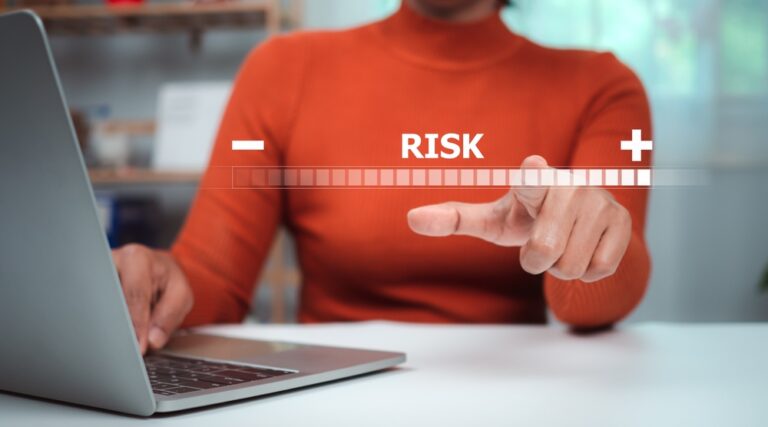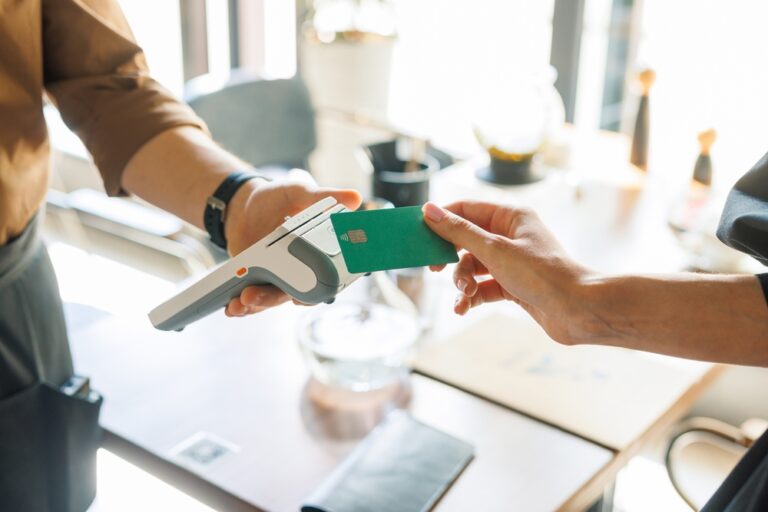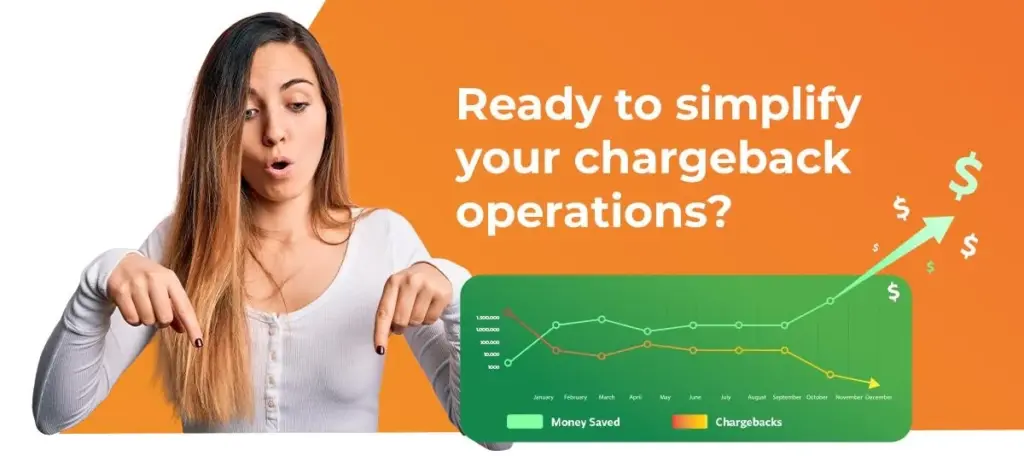Chargebacks: A $100 Billion Dollar Problem

Chargebacks have become a major headache for businesses. While chargebacks are designed to protect cardholders from fraud, in practice, they are also fuelling fraud against merchants. Unfortunately, some cardholders have realized that they can abuse the chargeback process, unfairly targeting merchants in an effort to secure free goods and services. This is referred to as first-party fraud, and currently, it may be costing businesses globally more than $100 billion per year in total costs.
Socure, a cybersecurity firm specializing in ID verification and third-party fraud prevention, reports that American businesses alone are losing roughly $89 billion annually to first-party fraud. Globally, many analysts estimate that losses exceed $100 billion per year. Let’s take a closer look at first-party fraud and its financial implications.
A Closer Look at First-Party Fraud and the Threat it Poses
First-party fraud refers to fraud perpetrated by the cardholder. Often, but not always, this means intentionally abusing the chargeback process in an effort to score free goods and services. For example, someone could order a pair of shoes online, get the order, be happy with the goods, and then file a chargeback anyway, perhaps claiming that the shipment never arrived. If the chargeback is approved, the cardholder will essentially get a free pair of shoes.
Unfortunately, such first-party fraud is costing merchants in the United States alone at least $89 billion dollars a year. Given narrow margins and a tough operating environment, many businesses could find these losses hard if not impossible to sustain. That said, not all chargebacks are the result of first-party fraud. In some cases, cardholders have been targeted by criminals or otherwise have a legitimate reason to request a chargeback.
If a cardholder misplaces their credit card, say leaving it on the table at a cafe, and then someone comes along, grabs the card, and uses it to make an unauthorized purchase, the cardholder can file a chargeback. Likewise, if hackers get hold of someone’s credit card information via a data breach and use the data to make illicit purchases, the cardholder has a right to file a chargeback.
Further, first-party fraud isn’t always malicious. A customer may simply forget about an order or another problem may come up. Perhaps their order genuinely never did arrive. Someone might have stolen the package off of their porch or the shipping company may have lost the package. In these cases, the customer may still file a chargeback and could win the dispute.
Sometimes, customers don’t recognize orders. Someone may have bought a digital product, say a movie or e-book, right before going to bed but may not remember it upon waking up the next day. Sometimes businesses use vague billing descriptors. For example, John’s Acme Burgers might show up on a credit card bill as “John’s Restaurant” and the customer thus may not recognize the charge. This could lead to a chargeback and accidental friendly fraud.
Malicious First-Party Fraud May Be More Common Than You Think
Sadly, first-party fraud is all too common. Socure found that 35% of Americans have committed first-party fraud, and 40% know at least one person who has committed said fraud. In some cases, this may be at least partially due to the merchant. For example, a merchant might not offer refunds and may sell shoddy products, so a cardholder turns to their card issuer for recourse.
Still, many of those committing first-party fraud are doing so in an effort to score free goods and services. In Socure’s survey, nearly 20% of respondents admitted that they engaged in first-party fraud because they knew at least one other person who got away with it already. Claiming that a product was never delivered is one of the most common tactics for such fraud. 18% of respondents admitted to claiming that a shipment never arrived when it was, in fact, delivered.
It seems that younger generations are more likely to commit first-party fraud, which unfortunately suggests that such fraud could become more common in the future. Roughly 52% percent of Gen Z and 49% of Millennials admitted to engaging in first-party fraud, compared to 25% of Boomers.
Ultimately, for merchants, whether friendly fraud is malicious or unintentional, the costs are still high. Even if a chargeback is filed by accident, the merchant can still end up on the hook for chargeback fees and additional penalties. They may also lose revenue from the sale. Fortunately, there are a variety of tools and tactics merchants can use to combat chargebacks and fraud.
The tools offered by ChargebackHelp make it easier for merchants to both prevent and combat chargebacks. Worried about chargebacks and their impact on your business? Get in touch with our team and start fighting back.








